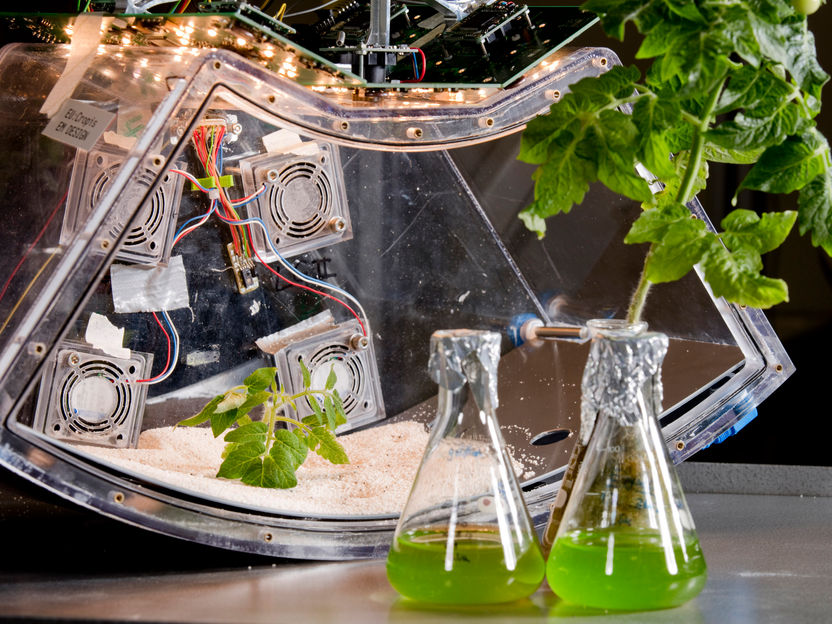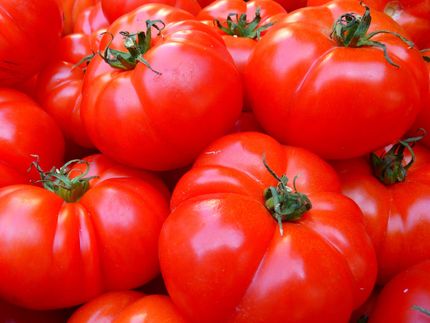FAU researchers investigate food sources for tomorrow's spacemen
Advertisement
If mankind sets out in the future to explore the vastness of the universe, astronauts will spend many months in space ships on their way to foreign planets - and will have to provide themselves with food in the process. An experiment conducted by researchers from the Friedrich Alexander University Erlangen-Nuremberg (FAU) on board the European research satellite Eu:CROPIS - built by the German Aerospace Center (DLR) - on Monday 19 November 2018 with a Falcon 9 rocket from Vandenberg Air Force Base in California could provide important insights into this process.

FAU/Kurt Fuchs
The research team, consisting of the FAU biologist PD Dr Michael Lebert and his working group as well as Dr Jens Hauslage from DLR, wants to find out whether people are able to provide for themselves even with less gravity and whether they can answer the questions and solve the problems that space travelers have collected so far on their rather short space flights - where will the drinking water for such a long journey come from? Where to put the urine? Can the astronauts grow their own fresh vegetables? - are soluble.
On 19 November, on board the Eu:CROPIS research satellite, they will send twelve tomato seeds into Earth orbit to investigate whether they can grow and bear fruit in a closed ecosystem - consisting of a water tank, a greenhouse, an algae container and a filter apparatus - in low weightlessness.
The seeds and later the plants are fertilized with urine every few days, in this case - due to a lack of passengers - with artificial fertilizer. The urine contains urea, which decomposes into ammonia; a filter transforms it into nitrate, which serves as fertilizer for the plants. If the filter does not work properly, Euglena gracilis cells absorb part of it and protect the system from too much ammonia. The idea of the system is to use a waste material to produce fresh food. The water in the urine is evaporated by the tomatoes and can be recovered from the air in pure form; you don't have to pack fertilizer, which is very important when you have to pay attention to every gram and can only pack the essentials.
The barrel-shaped compact satellite, which measures about one meter in height and one meter in diameter, will rotate in orbit around its own axis at an altitude of about 600 kilometers. This creates gravity inside, similar to the chain carousel where you are pressed into the seat. For example, the scientists want to simulate gravity from the moon for six months and then Mars gravity for six months.
By the way, "Micro-Tina", a tomato variety that grows quickly but remains compact and produces fruit that tastes good, too, is set on its journey. "It is particularly important that the astronauts, who have been dependent on dry food for so long, also get something fresh," says Michael Lebert. And perhaps Micro-Tina will eventually thrive in a greenhouse on the Red Planet.























































